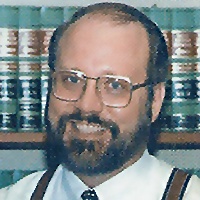Fleming DUI-DWI Lawyer, Georgia
Sponsored Law Firm
-
 x
x

Click For More Info:
-
The Ford Law Firm
Assault, DUI, Firearms, Murder, more... Expect Results, Not Excuses
I understand how the system works. Potentially, even getting the case dismissed before it is ever filed against you…it is important to act quickly. Call now at the number below.
800-298-1630  Thomas Ford Alpharetta, GA
Thomas Ford Alpharetta, GAAttorney At Law - GA, 1996
University of Florida, J.D. - 1995
 State & Federal Law
State & Federal LawCriminal cases are filed in both State and Federal Courts. Click for Info.
R. Brandon Galloway
✓ VERIFIEDR. Brandon Galloway is a practicing lawyer in the state of Georgia where he currently works at Galloway & Galloway, P.C. He received his bachelors deg... (more)
Daryl J. Walker
✓ VERIFIEDDaryl Walker proudly serves Savannah, Georgia and the neighboring communities in the areas of criminal, DUI-DWI, accident & injury, and estate law.
FREE CONSULTATION
CONTACT

 Thomas Ford Alpharetta, GA
Thomas Ford Alpharetta, GA State & Federal Law
State & Federal Law


